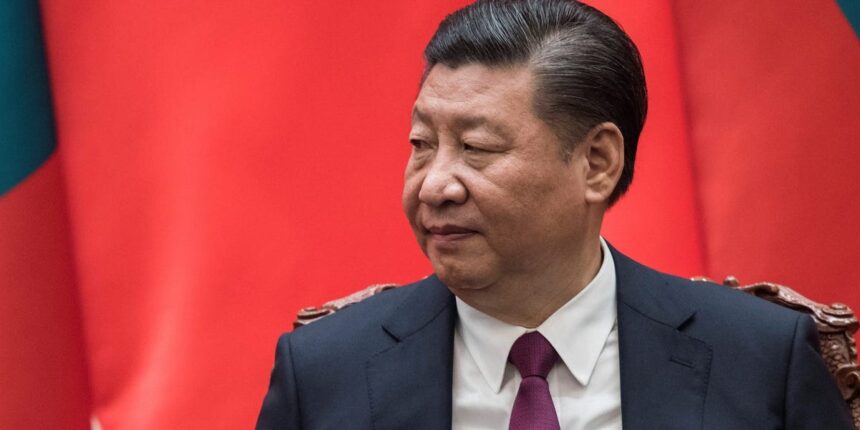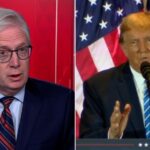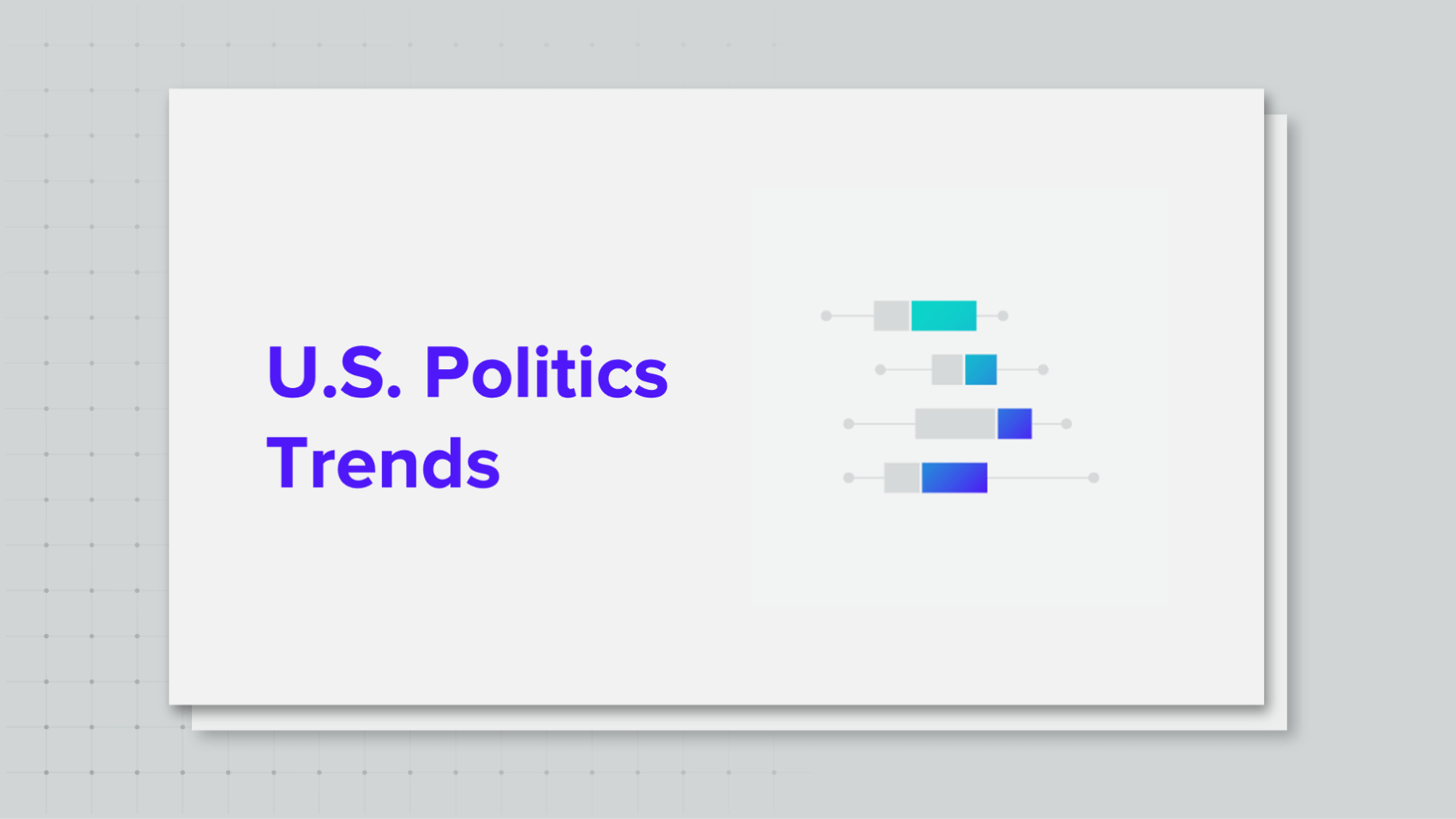As China looks to transition towards a healthier growth model, its strategy could spark a head-to-head with other global economies, China Beige Book CEO Leland Miller told CNBC.
Beijing is placing a heavier focus on manufacturing, a move that will require it to unload more products onto international markets.
“They need to get that export engine up,” Miller said on Wednesday. “That’s going to cause a lot of problems globally, politically. That’s why I think we’re going to be entering into a trade war next year. Because the Chinese economic growth model is not sustainable considering the political sensitivities of the rest of the world.”
Miller said authorities are pouring more credit into manufacturing, hoping to reduce China’s dependence on its property sector. As real estate accounts for around one-fourth of its GDP, a major wave of sector defaults has painted a bleak picture for China’s economy.
Added to that are other post-pandemic tailwinds, including low domestic spending, an exodus of offshore investors, and ongoing deflation and unemployment trends.
Foreign analysts have long called for Beijing to implement decisive stimulus support to counter these circumstances, but Miller argued that this completely misses the point of what China is trying to achieve:
“They’re worried about the reckless credit expansion, they’re worried about the property sector,” he said. “They want to just batten down the hatches and focus on national security priorities, build a domestic chip ecosystem, you know, solidify the core of the economy, concentrate on advanced manufacturing.”
To that end, China is no longer prioritizing the rapid growth of previous decades; in fact, its recently touted 5% growth target for this year is irrelevant: “They’re worried of just making sure there’s enough support in the economy to avoid a doom loop in confidence so that the bottom doesn’t fall out.” he outlined.
Though some consider China’s manufacturing as having peaked, the country keeps proving itself in sectors such as electric vehicle, solar, and battery manufacturing.
It’s already causing international strife. For instance, Chinese EV-maker BYD eclipsed Tesla as the world’s best-selling firm in 2023, and has started cutting prices internationally to draw in buyers.
Meanwhile, a flood of Chinese solar panels to Europe has sparked warnings that one of the region’s biggest production sites could close.




